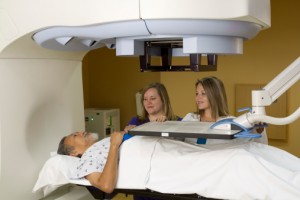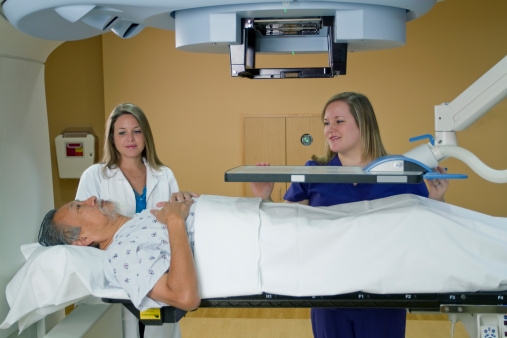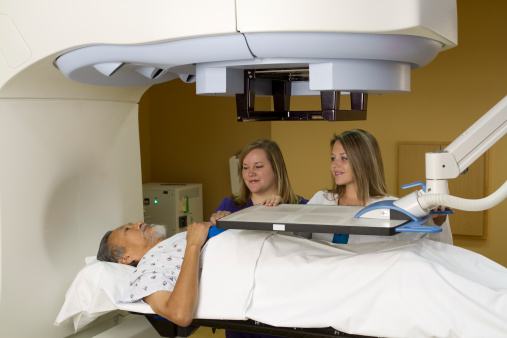Circumcision reduces prostate cancer risk, most effective after age 35
Circumcision reduces prostate cancer risk and has been found to be most effective after the age of 35. The findings come from the University of Montreal and the INRS-Institut-Armand-Frappier, revealing that men circumcised after the age of 35 have a 45 percent reduced risk of prostate cancer, compared to uncircumcised men. For the study, the ...click here to read more














